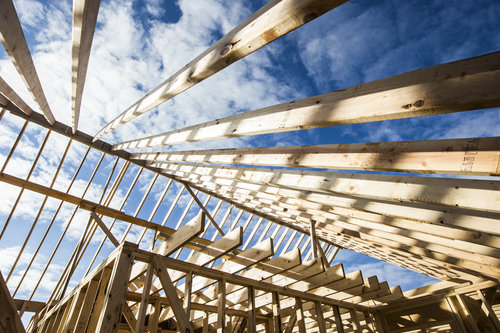New home construction in Metro Atlanta is now at its highest level in eight years, according to the latest report from Metrostudy.
For the 12-month period ending in Q2 2016, there were 20,449 single-family starts in Metro Atlanta, a 13 percent year-over-year increase that brings the area’s construction to its highest point since 2008. Furthermore, there were 5,977 new home starts in the second quarter, an 8 percent yearly gain and 21 percent quarterly gain.
New construction demand remains high
In addition to Metro Atlanta’s strong levels of new construction, demand for new properties is extremely high. Per Metrostudy’s analysis, new home closings were up 18 percent year-over-year in Q2, while annually, the area’s 18,932 sales were good for a 16 percent increase.
Eugene James, the senior regional director for Metrostudy, said that low existing inventory has made new properties more appealing.
“Resale inventory has been below normal levels for the past three years, ranging from about 3 to 4 months of supply,” James said. “The low existing inventory supply has helped to fuel the demand for new homes throughout Atlanta.
“We predict construction starts to remain ahead of new home closings in the Atlanta market at least for the next 12 months, since the economy is relatively strong,” he continued. “That will keep the housing market in a growth mode.”
Lot availability differs radically
Finished but vacant inventory – a fancier way of saying new housing inventory – was down 9 percent from the first quarter, and is currently at a 2.6-month supply; a normal lot supply is between 3- and 3.5-months.
And although Metro Atlanta has more finished buildable lots – meaning lots ready for new construction – than any other U.S. metro area, there is considerable variety across the area. For instance, segments of Forsyth, Gwinnett and Cherokee counties only have a 12-month lot supply, far below the healthy range of 18- to 24-months.
As lots become more scarce, landowners will be able to command higher prices, which will, in turn, further increase the cost of new construction properties.

